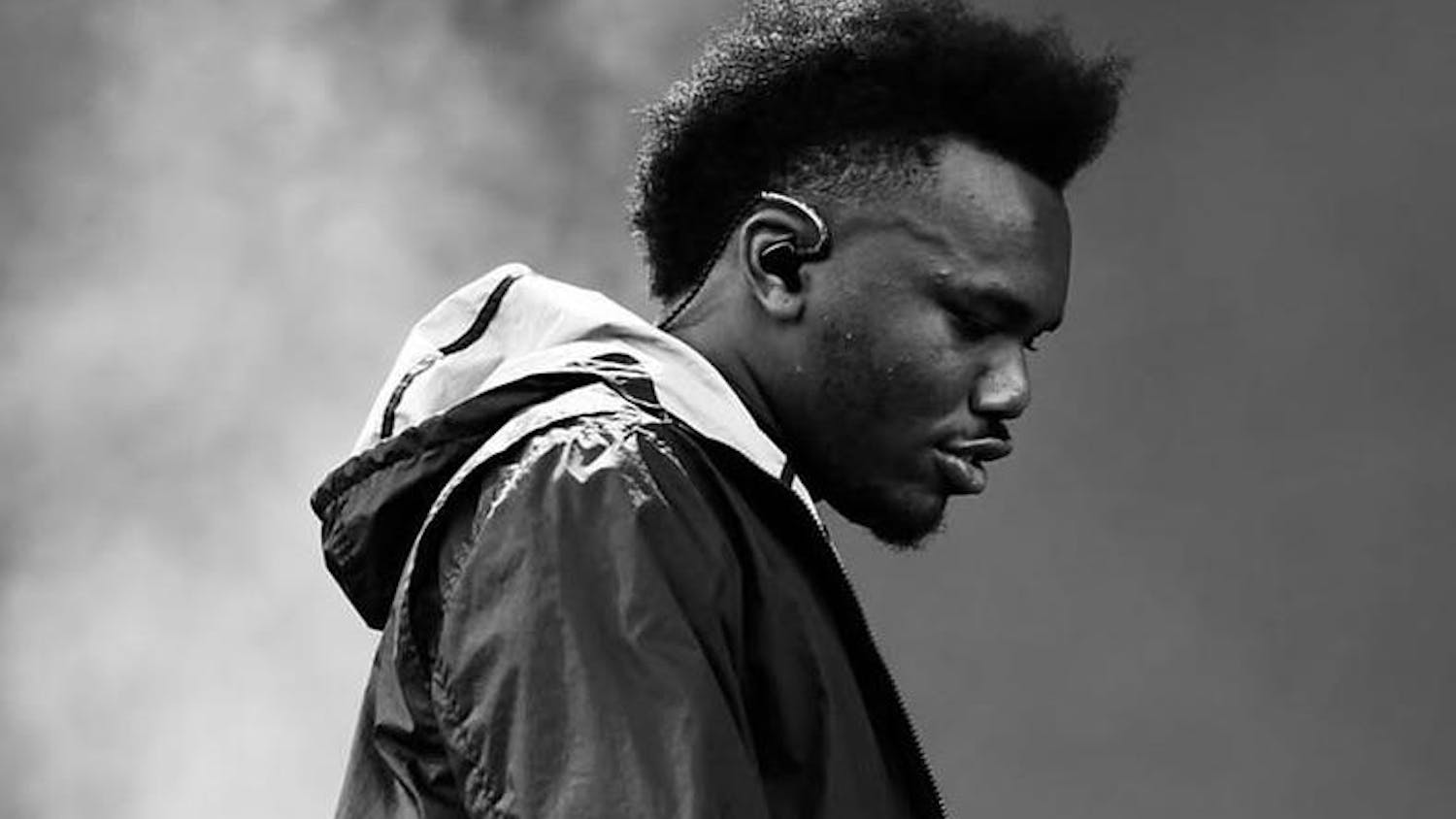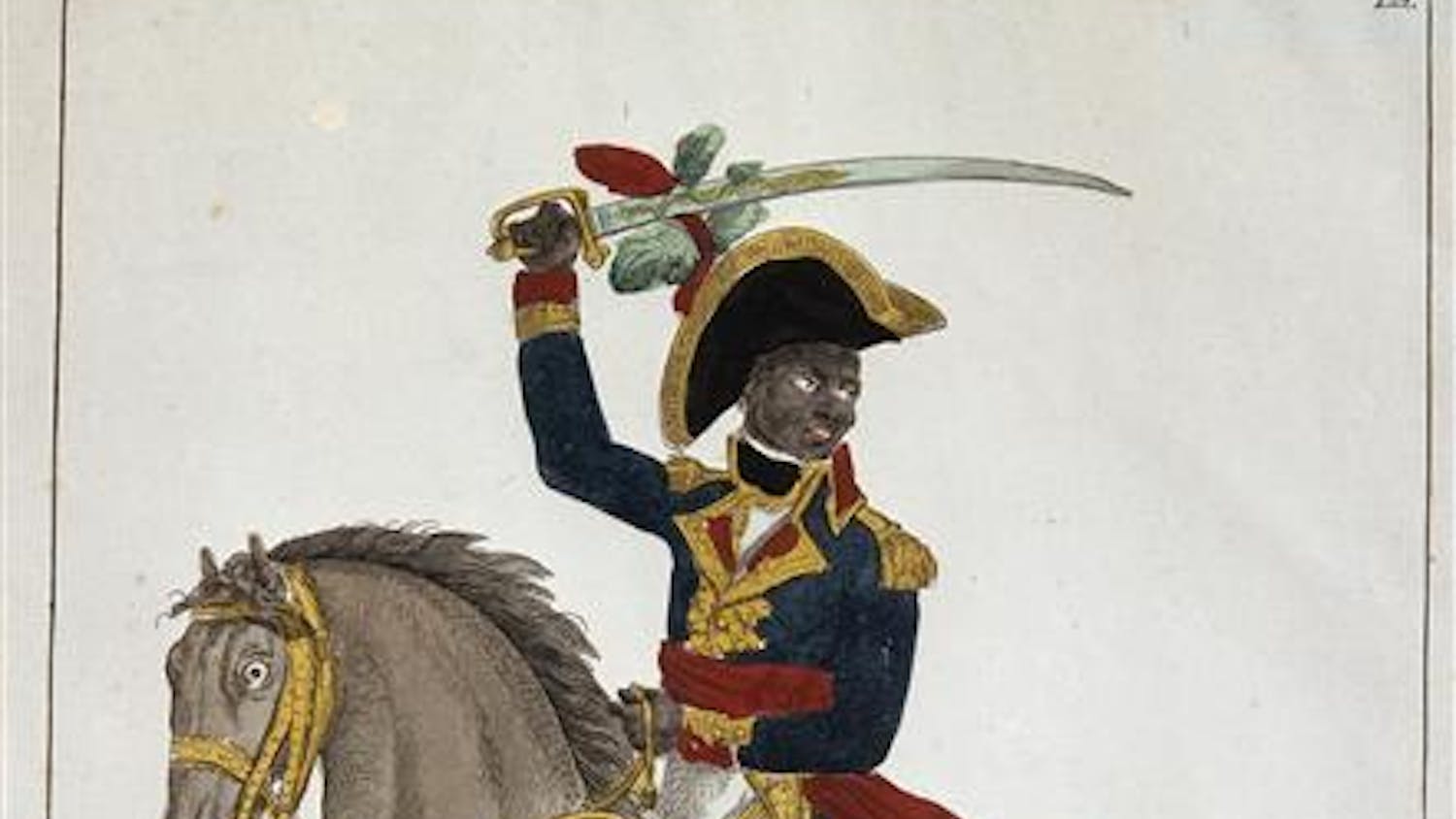Hollywood frequently turns to zombies to provide entertainment in the form of apocalyptic horror and gore. From George Romero's classic "Dawn of the Dead" (1978) series and Zach Snyder's 2004 remake to "28 Days Later" (2002) and its sequel (2007), to "Zombieland" (2009), the undead have never been in short supply at the movies.
AMC's newest original drama, "The Walking Dead," transfers the familiar cinematic subject matter to television screens. No longer limited by a film's two-plus-hour time constraint, the story will continue from week to week over the first season's six-episode run.
In terms of plot, the first episode, "Days Gone Bye," does what it should: It introduces the main characters, sets up the main conflict and makes us care about it all. Rick is a sheriff's deputy from a town outside Atlanta, but when he wakes up in the hospital after being treated for an injury he got on the job, he is in a new world — one overrun by zombies.
His struggle to stay alive is motivated by his search for his wife, Lori (Sarah Wayne Callies), and their son, Carl (Chandler Riggs), but reuniting won't be easy. Along the way, he meets some fellow survivors who teach him techniques to avoid and fend off the zombies, but for the most part, he is on his own.
The cable network has been on quite the hot streak as of late. "Mad Men," the critics' darling, has won the Emmy Award for Outstanding Drama Series for the past three years. "Breaking Bad" is equally beloved and has earned Emmys for stars Bryan Cranston and Aaron Paul. And "Rubicon," though low-rated, played to its strengths and garnered critical support by the end of its first — and I hope not only — season.
"The Walking Dead," at first glance, however, seems out of place. How does a grim and gruesome tale of the world in the wake of a zombie takeover fit with the stories of a '60s ad executive, a suburban chemistry-teacher-turned-meth-dealer and a team of U.S. intelligence analysts, one might ask?
The answer is three-fold.
First, all of these series place utmost importance on characters. The premise of "Breaking Bad," for instance, is thrilling, but it wouldn't be half the show it is without its focus on Walt (Cranston), his family and his relationship with Jesse (Paul).
It's a little too early to tell if "The Walking Dead" will follow this same trajectory, since much of the pilot episode was spent alone with lead character Rick Grimes (Andrew Lincoln). But there were enough glimpses of his family and fellow survivors to keep the show emotionally grounded in more than its high-concept log line.
Second, all AMC shows use brilliant aesthetics to bring their settings to life. Michael Slovis, as director of photography on both "Breaking Bad" and "Rubicon," on those shows gave a fresh, vibrant look to Albuquerque and New York City, respectively.
In the pilot of "The Walking Dead," David Tattersall is the cinematographer, and showrunner Frank Darabont — the famed director of "The Shawshank Redemption" (1994) and "The Green Mile" (1999) — directs. Together they paint a haunting portrait of zombie-infested Atlanta. The use of light and darkness in a particular stairwell scene contributes perfectly to the growing tension, and a subsequent backward zoom shot outside a hospital beautifully captures the scope and horror of the situation.
Finally, original series on AMC are just plain great. "Mad Men" and "Breaking Bad" consistently deliver some of the best storytelling and acting on television. "The Walking Dead," although much more of a genre show than any of its network companions, looks like it will follow suit. In any case, the super-sized pilot episode is very good and should please even those traditionally uninterested in zombie horror.
Since the television format is so novel for the zombie genre, some have raised the concern that "The Walking Dead" will be unable to sustain a compelling narrative over the course of multiple episodes and seasons. Depth of source material should not be a problem, though, since the show is based on the comic book series of the same name by Robert Kirkman, Tony Moore and Charlie Adlard, which has released 78 issues since its inception in 2003.
If the show can be sure to make its story unique, with enough character development and avoidance of typical zombie tropes, it ought to be right at home as another excellent series from AMC. It certainly has the acting, writing and directing — and, with a staggering 5.3 million viewers tuning in for the premiere, the ratings — to become a high-quality hit.





